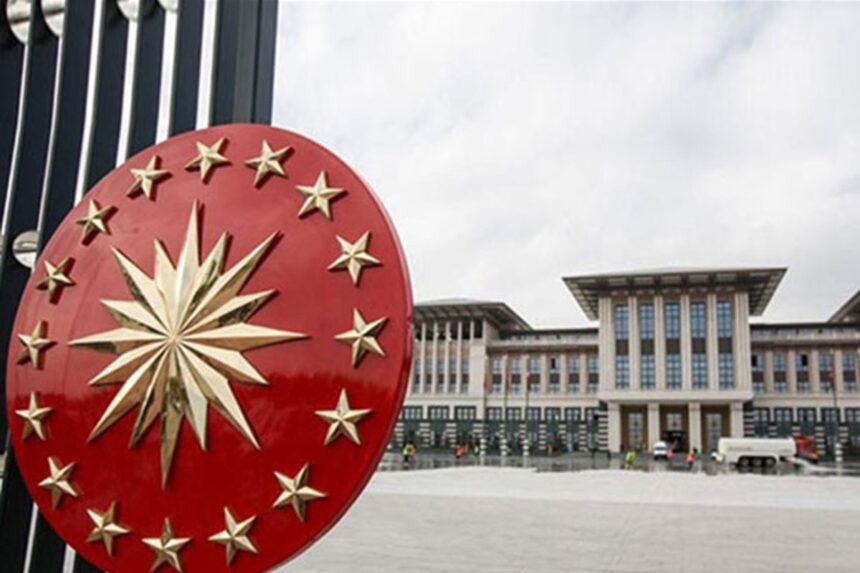A controversial law passed by Turkey’s parliament last week grants the State Inspection Council (DDK) unprecedented authority to remove civil servants and Turkish Armed Forces (TSK) officers from their positions, the Turkish edition of Euronews reported. Backed by President Recep Tayyip Erdoğan’s ruling Justice and Development Party (AKP) as well as the far-right Nationalist Movement Party (MHP) and the Grand Unity Party (BBP), the legislation gives DDK inspectors the power to recommend the suspension or dismissal of public officials if they conclude that keeping them in their posts could hinder an investigation, harm the public interest, lead to the concealment of criminal evidence, or otherwise be deemed “unacceptable” for public service.
The DDK was established under Turkey’s 1982 Constitution, drafted following the 1980 military coup. Its powers were significantly expanded by a 2017 constitutional amendment that placed it under the direct authority of the presidency and brought the TSK within its scope of inspection. Critics argue that because the DDK conducts audits at the request of the president, these sweeping powers could be used to target political opponents or other unwanted figures in public institutions. The council’s chairperson and eight members are appointed by the president, raising further concerns about impartiality and independence.
The main opposition Republican People’s Party (CHP) has vowed to challenge the law at the Constitutional Court. Gökhan Günaydın, the party’s deputy group chairman, said the legislation amounts to giving the president powers akin to those of a “sultan” and warned that job security for appointed and elected officials alike is now at risk. He argued that open-ended discretionary authority effectively bypasses investigations, prosecutions, or judicial rulings and noted that the AKP had twice previously attempted to enact similar legislation, only to be blocked by the CHP.
Observers say the new powers closely resemble the expanded authorities the government wielded during the state of emergency declared after a failed coup in July 2016. During that period, more than 130,000 public employees were dismissed via emergency decrees, often with little or no judicial oversight. Critics worry the DDK’s new mandate could allow for similar purges by labeling individuals as threats to public service or audit processes. While proponents maintain that the law strengthens oversight, detractors fear it may further consolidate power in the presidency and undermine the independence of Turkey’s civil service and military.



